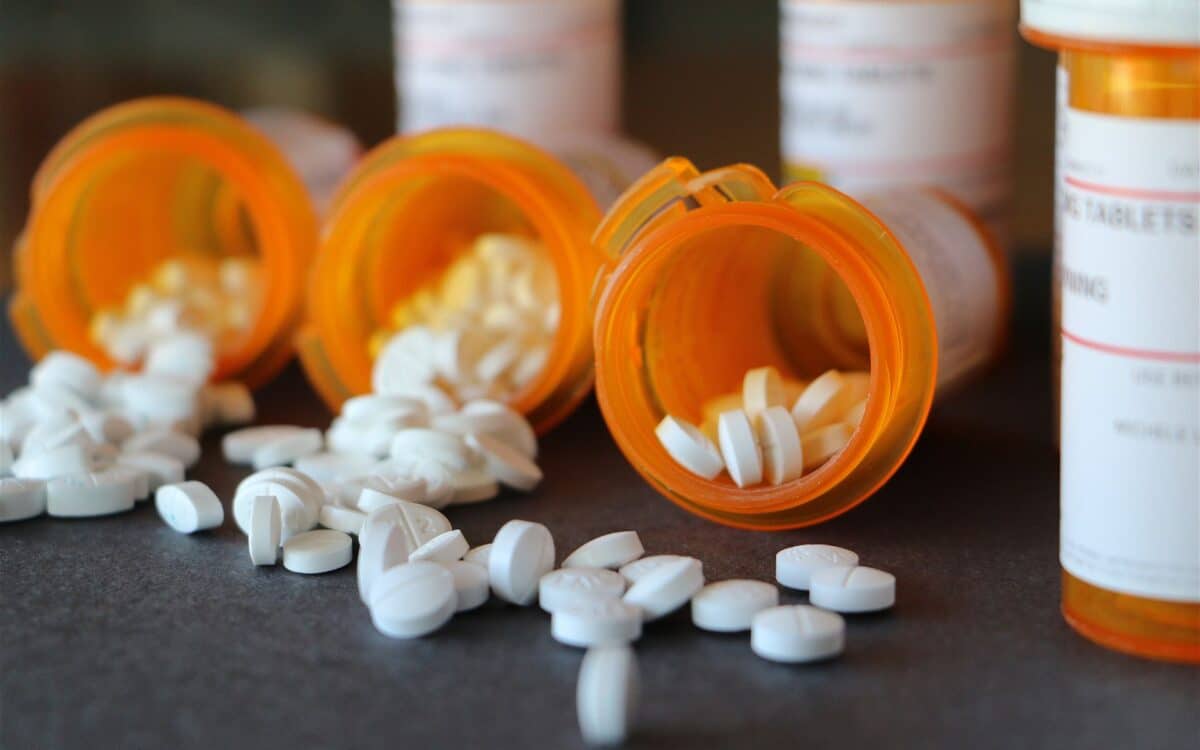Former President Donald Trump has announced plans to sign an executive order implementing a “most favored nation” policy aimed at reducing drug prices in the United States. The initiative seeks to align domestic medicine pricing with that of the lowest-paying country globally, in a bid to narrow the cost gap burdening American consumers.
According to SkyNews, the announcement has sparked concerns among international policy experts, particularly regarding potential ripple effects in markets such as Australia.
Observers suggest that the move could unintentionally raise medicine prices abroad and disrupt Trump’s broader ambitions to stimulate US pharmaceutical manufacturing through domestic investment incentives.
Trump’s Proposal: Fair Pricing or Global Disruption?
On Truth Social, Trump stated:
(Prices) will rise throughout the World in order to equalize and, for the first time in many years, bring FAIRNESS TO AMERICA!
He added:
I will be instituting a MOST FAVORED NATION’S POLICY whereby the United States will pay the same price as the Nation that pays the lowest price anywhere in the World.
The concept aims to leverage the lowest international benchmark price to set domestic rates for medications.
The United States currently pays nearly three times more for some prescription drugs than other developed nations, making pharmaceutical costs a major financial burden for American patients and taxpayers.
A similar initiative proposed five years ago during Trump’s first term was blocked by the courts. At the time, the administration projected the plan would save taxpayers more than US$85 billion over seven years. These savings were positioned against an annual national drug expenditure exceeding US$400 billion, according to government estimates.
Australia’s Bulk Buying Model Could Face Pressure
In Australia, drugs are largely purchased in bulk under the Pharmaceutical Benefits Scheme (PBS) and offered to the public at significantly reduced prices. This model relies heavily on negotiated contracts and centralized purchasing, providing stability and cost control.
Rob Nicholls, senior researcher at the University of Sydney, questioned the assumptions underlying Trump’s analysis:
Not for the first time the Trump administration is comparing two completely different things – he told SkyNews.com.au.
He elaborated:
What President Trump seems to think is, ‘if prices go down in the States, the profitability of pharmaceutical businesses will stay the same. So therefore, prices might rise elsewhere’.
That makes two big assumptions: First, all medicines are produced in the US, and shock horror, they’re not, and that all medicines have zero substitutability, which is not quite true.
Nicholls added:
The assumption that all medicines have no substitutes and all medicines are produced in the States – if those two were valid, then he’d be right.
Negotiation Challenges and Future Price Shifts
Lower U.S. prices could complicate future PBS negotiations and potentially result in higher costs for specific medications when contracts are up for renewal. Nicholls noted:
It will just mean a lot more work and for some drugs, they may well go up in price.
The PBS might be forced to reassess procurement strategies, particularly for medicines with limited international alternatives or those produced in the U.S.
Labor MP Dr Mike Freelander, a former paediatrician, expressed confidence in Australia’s regulatory mechanisms:
I don’t think there will be price rises for our community.
We’ve had a long-standing system with the PBS and PBAC… we assess the drugs on their merit.
We have a good system where it’s a one provider system, where companies that produce these medications have to negotiate just with the PBS, and we are effective in getting the lowest possible process through that mechanism.
Potential Blowback on u.s. Manufacturing Goals
Trump’s plan could also undermine his industrial policy goals. While the “most favoured nation” pricing is meant to protect U.S. consumers, the resulting price compression might discourage pharmaceutical production in the country. Nicholls warned:
That’s the real problem with all of the tariffs – that you could end up with an issue that actually comes back to bite in a way that the current US administration doesn’t seem to be able to foresee.
Some manufacturers may choose to relocate operations abroad to maintain profitability, especially if U.S. prices drop but production costs remain high.









